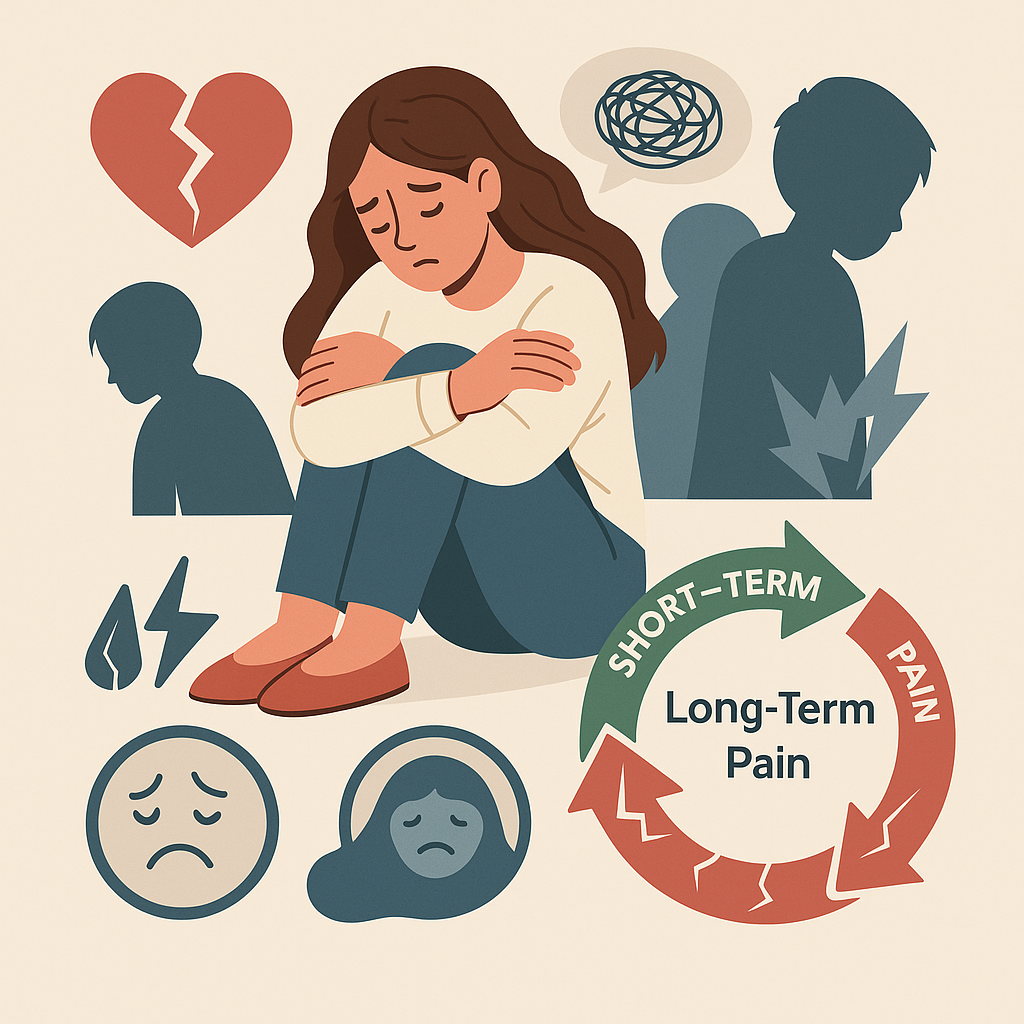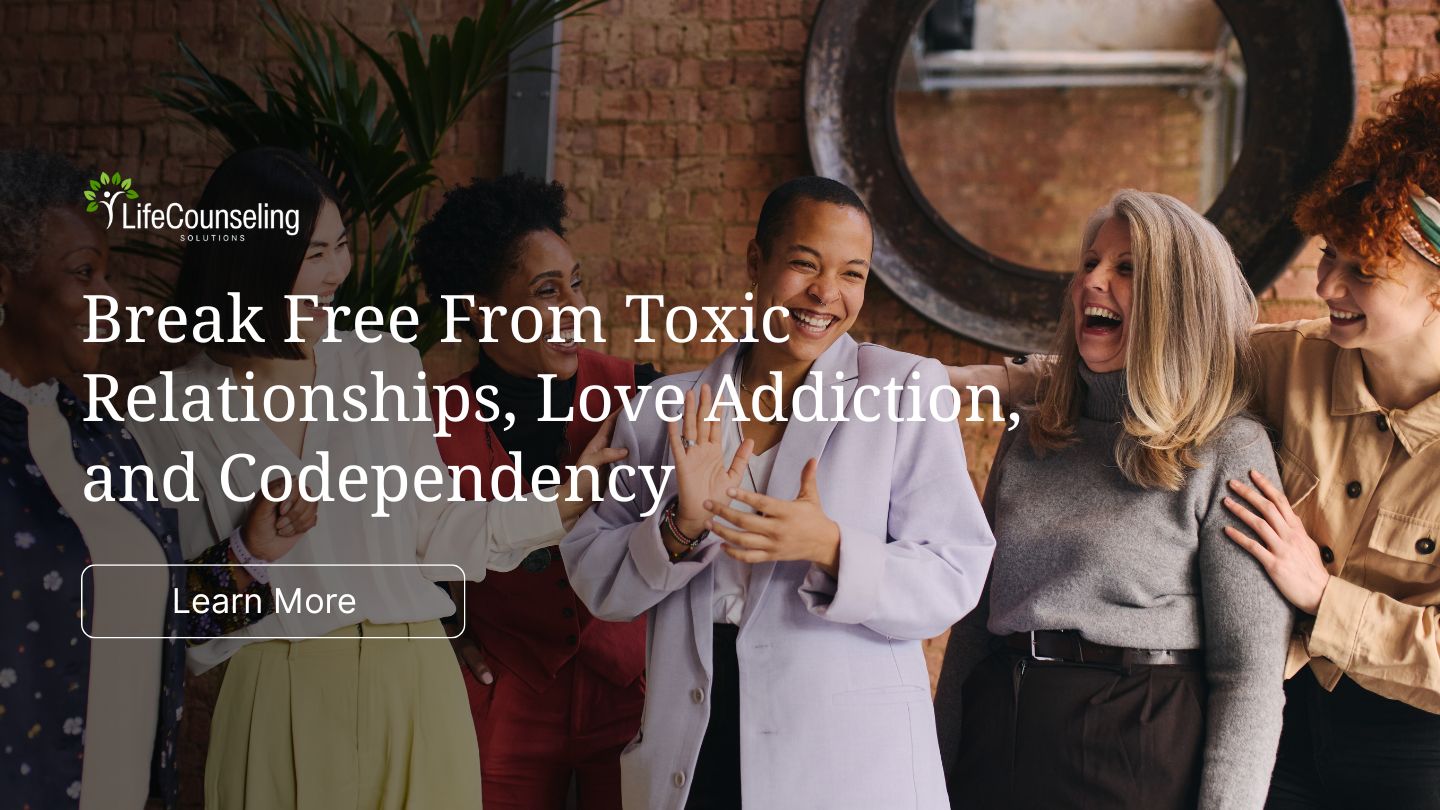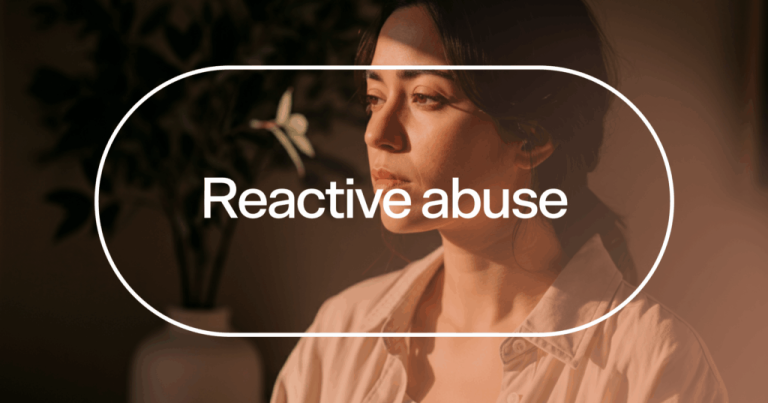Love Addiction & Sex Addiction Counseling in Orlando
Break Free from Unhealthy Relationship Patterns and Reclaim Your Life

Do You Feel Trapped in Cycles of Obsession, Need, or Shame?
You may crave love or validation so intensely that it feels all-consuming. Or maybe you find yourself stuck in sexual behaviors that feel out of control—despite your efforts to stop. These patterns can leave you feeling anxious, ashamed, disconnected, or emotionally exhausted. At Life Counseling Solutions, we specialize in helping individuals—especially women—heal from love addiction, sex addiction, and the underlying trauma that fuels them. You don’t have to carry this alone. There is help, and there is real hope.
What is Love Addiction?
Love addiction is an unhealthy, compulsive attachment to another person, the idea of love, or the need to be needed. It often shows up as:
- Fear of being alone or abandoned
- Repeatedly choosing toxic or unavailable partners
- Obsessive thoughts about relationships
- Losing your sense of self in romantic connections
- Difficulty leaving unhealthy relationships
What is Sex Addiction?
Sex addiction involves compulsive sexual thoughts or behaviors that feel out of control, often used to cope with emotional pain, stress, or trauma.
This might include:
- Risky or secretive sexual behaviors
- Escalating need for sexual activity or content
- Feeling shame, guilt, or anxiety after sex
- Failed attempts to stop or reduce sexual behaviors
- Strained relationships or career impacts due to sex-related issues
Why These Addictions Happen
Love and sex addiction often stem from deep emotional wounds—such as childhood trauma, neglect, or abandonment—and the need to soothe emotional pain through connection or stimulation.
The result? A cycle of short-term relief followed by long-term hurt, disconnection, and self-blame.

Our Specialized Approach to Healing
Led by Dr. Janie Lacy, a nationally recognized Certified Sex Addiction Therapist (CSAT), our team provides expert, compassionate care in a safe, judgment-free environment. We help you:
- Understand the root cause of your behaviors
- Set healthy boundaries and rebuild self-worth
- Heal from trauma and betrayal
- Learn tools for emotional regulation
- Create meaningful, authentic connections
Therapies We Use:
- EMDR Therapy for trauma healing
- Cognitive Behavioral Therapy (CBT) for thought/behavior patterns
- Attachment-Based Therapy to explore early wounds
- Group Therapy for shared healing and support
- Faith-Informed Counseling (optional) for spiritual growth and healing
Woman Redeemed ™ | 12-Week Intensive Healing Program
A life-changing 12-week intensive healing program designed for women ready to break free from toxic relationship cycles, love addiction, and emotional chaos. Through expert-guided therapy, group support, and powerful tools for inner transformation, Woman Redeemed helps you stop chasing love and start becoming it.

- Various Locations
- 12-Week Intensive
Start Your Journey to Healing
Don’t let emotional challenges hold you back. Book your first session today and take a step toward a healthier, happier you.
You’re Not Alone—And You’re Not Broken
Love and sex addiction are treatable. You deserve to experience relationships rooted in trust, safety, and self-respect.
We offer both individual and group therapy options, with bilingual counseling available.
Why Life Counseling Solutions is the Right Choice
Compassionate Counselors
Our team is made up of experienced, licensed therapists who care deeply about your well-being. We’re here to listen without judgment and guide you with empathy, respect, and expert care every step of the way.
Personalized Therapy
We believe therapy should never be one-size-fits-all. That’s why we take time to understand your unique story and match you with a counselor who specializes in your specific needs and goals.
Confidential & Safe
Your privacy matters. We provide a safe, supportive environment where you can speak freely and confidently, knowing your information and healing journey are always protected.
Online & In-Person
We offer flexible therapy options to fit your life—whether you prefer to meet virtually from home or in person at our Central Florida office. Wherever you are, we’re here to support you.
Complimentary 15-minute Consultation
Give us a call to see how we can help.
Call 407-622-1770
Articles on Love & Sex Addiction

Call Us
(407) 622-1770
Email Us
info@LifeCounselingSolutions.com
Visit Us
1211 State Road 436, Suite 113,
Casselberry, Florida





